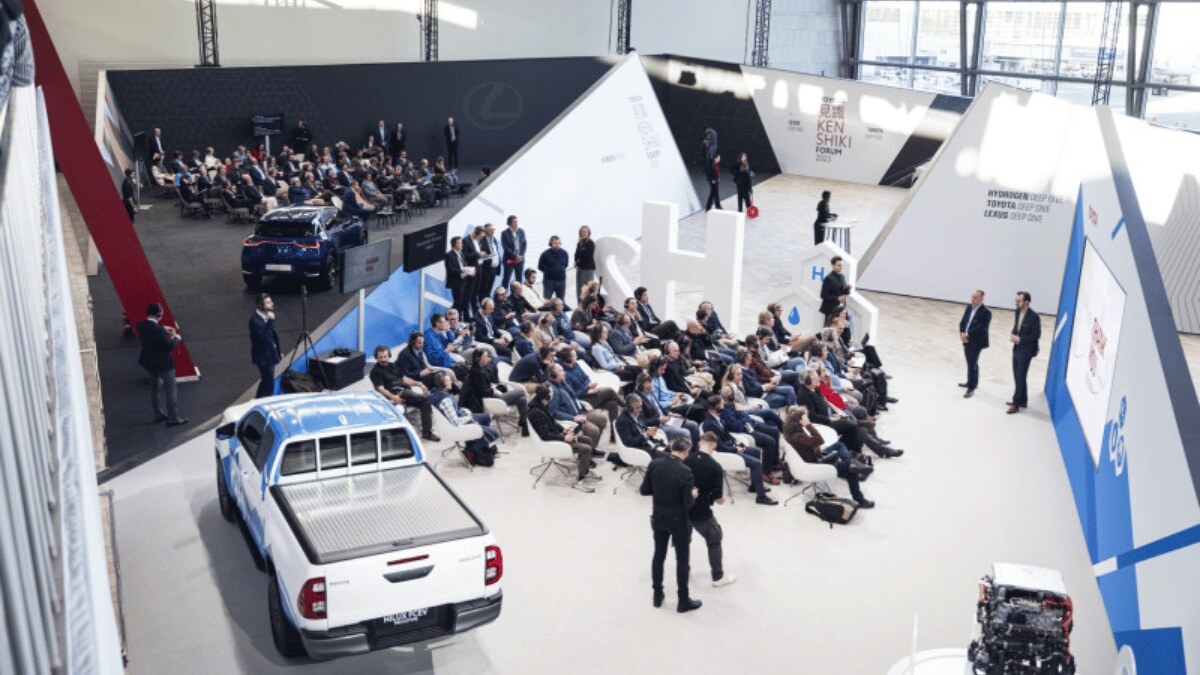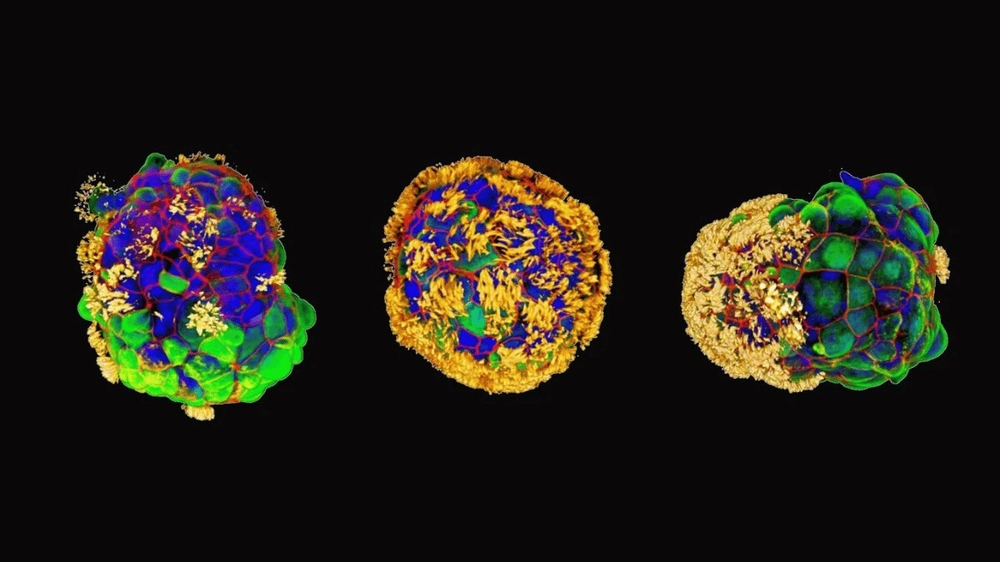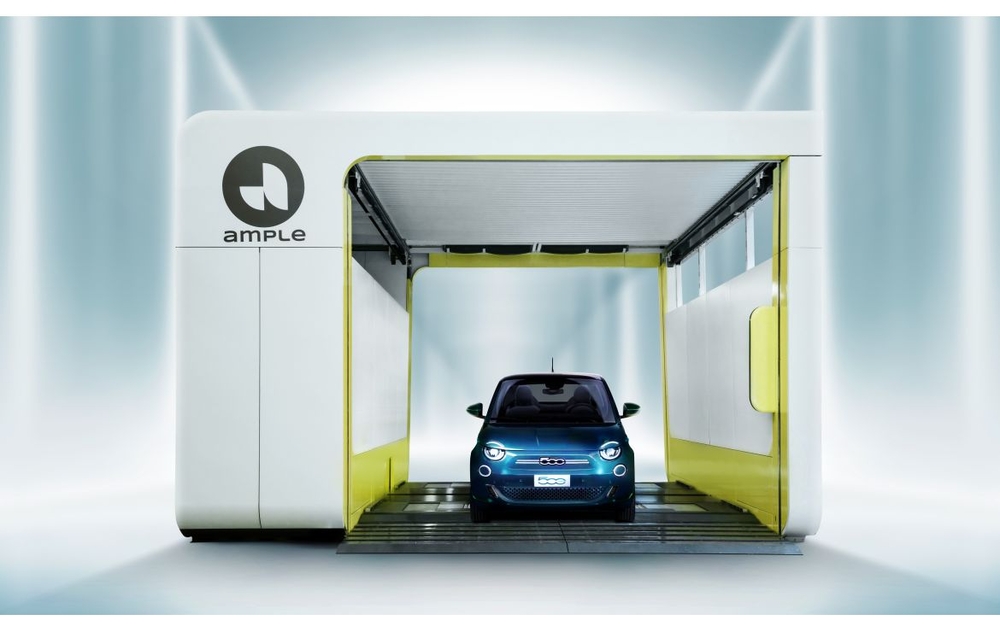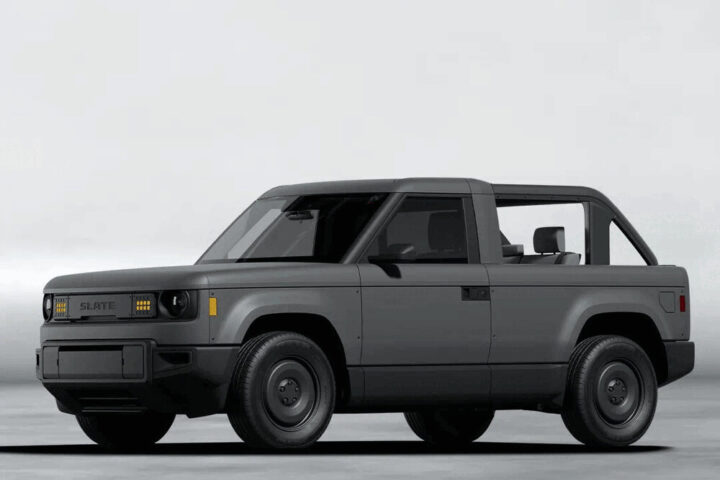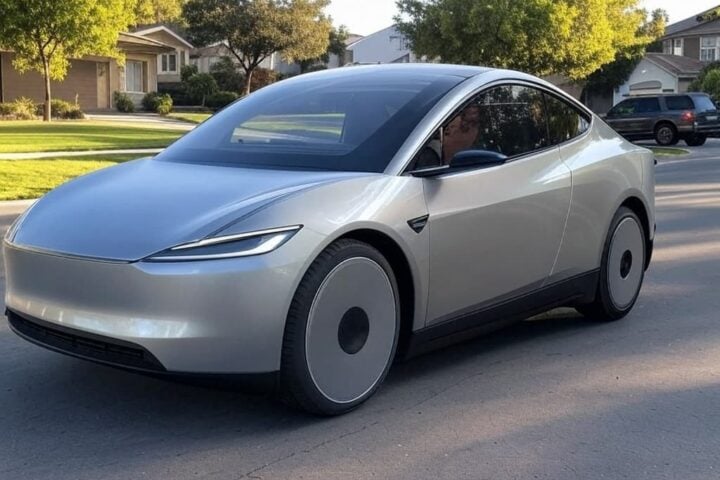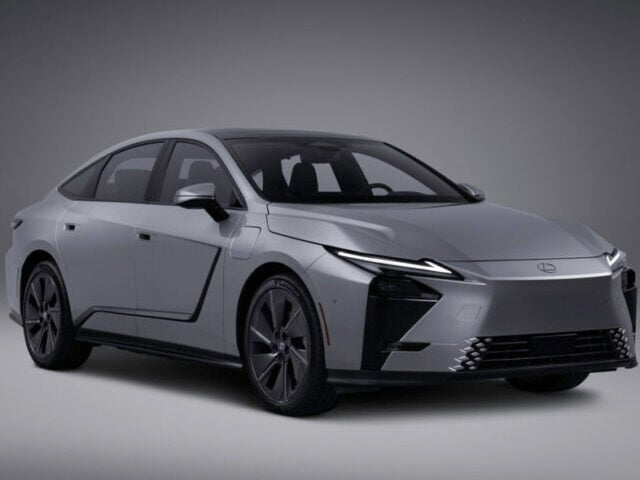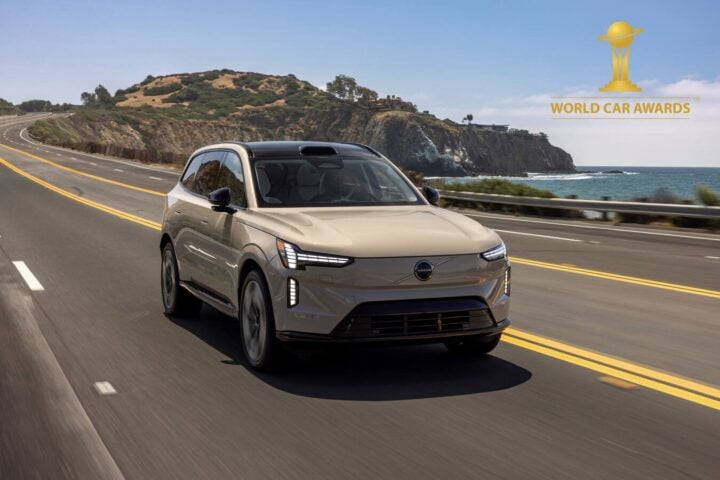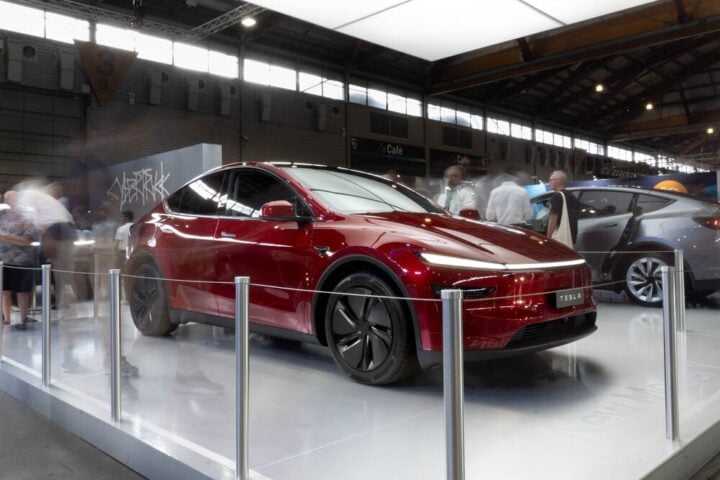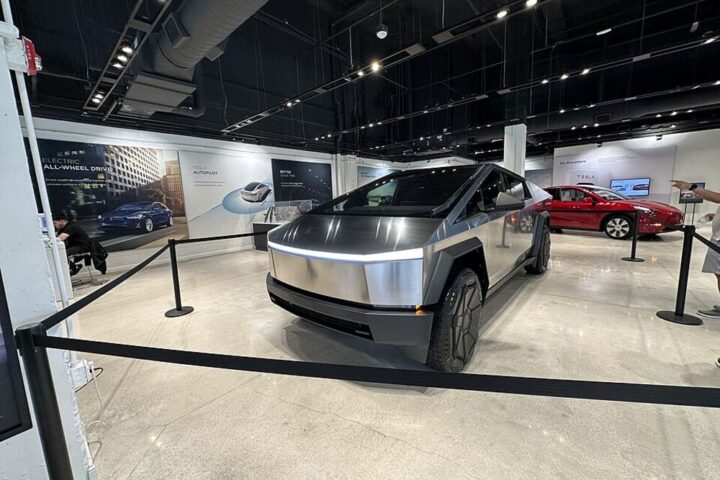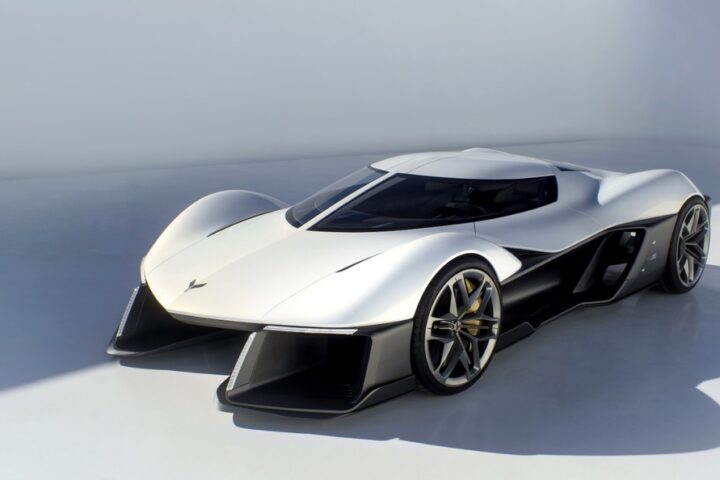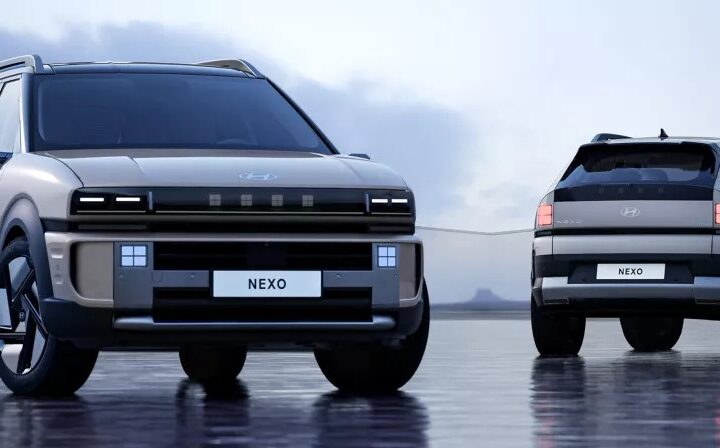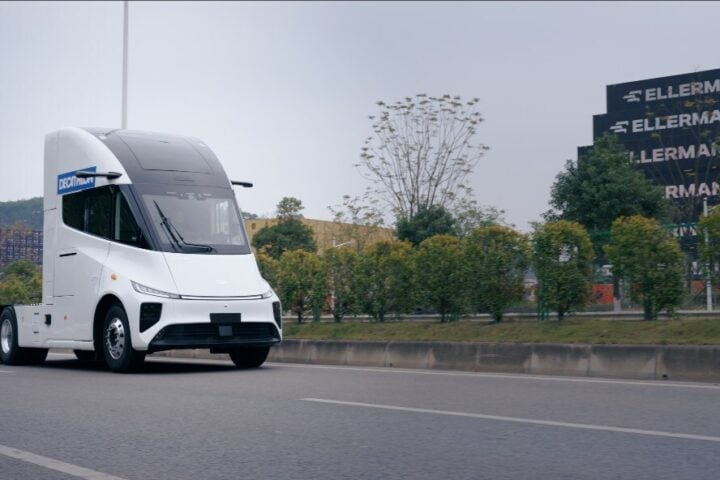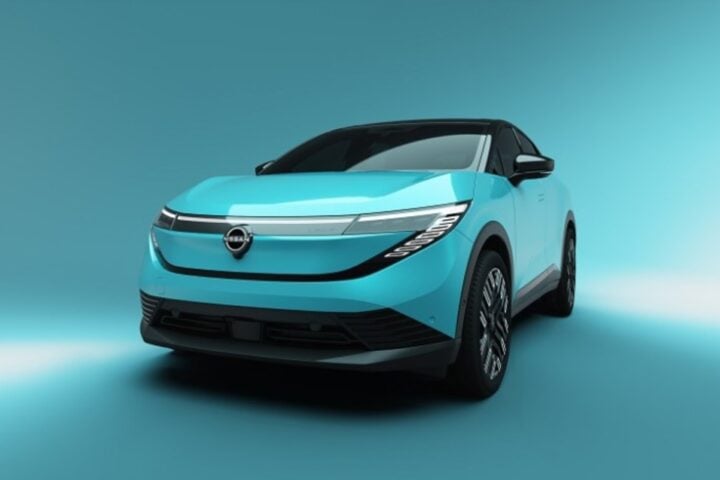Toyota Motor Europe (TME) is gearing up to establish the Hydrogen Factory Europe, a significant step in bolstering their hydrogen fuel cell market presence in Europe by 2030. This ambitious initiative is part of Toyota’s broader commitment to achieve carbon neutrality in Europe by 2040, a decade earlier than its global goal. The Hydrogen Factory will be a hub for the development, production, and commercialization of hydrogen technology and systems, reflecting Toyota’s confidence in the long-term potential of hydrogen in Europe.
The focus on hydrogen technology is not new for Toyota. Since the launch of the Mirai, the world’s first mass-produced hydrogen fuel cell sedan, in 2015, Toyota has been a pioneer in hydrogen-powered mobility. The second-generation Mirai, released in 2020, further cemented this commitment. The company has since expanded its hydrogen technology to other vehicles, including light-duty and heavy-duty transport. The unveiling of the hydrogen-fueled Hilux FCEV Prototype pick-up is a testament to this expansion, highlighting the versatility of hydrogen in various mobility applications.
In heavy-duty transport, Toyota is collaborating with European manufacturers like Hyliko and VDL Groep to integrate hydrogen-powered trucks into their logistics operations. Marine applications are also in the pipeline, with partnerships like the one with Corvus in Norway. Additionally, GCK, a French clean mobility company, plans to use Toyota’s fuel cell modules for converting diesel coaches into zero-emission hydrogen vehicles.
Similar Posts
The heart of Toyota’s future in hydrogen technology lies in its next-generation fuel cell systems. Slated for sale in 2026, these systems promise enhanced performance, including a 20% increase in driving range and significant cost reductions, anticipated to be more than a third lower than current levels. These advancements are driven by the need for higher power density and scalable fuel cell stacks adaptable to various vehicle sizes.
Toyota’s strategic approach towards hydrogen technology is not limited to vehicles. The company aims to integrate hydrogen into a broader spectrum of applications, including stationary power generation. The European market is poised to become a major player in the hydrogen sector, supported by regulatory measures and substantial investments like the European Commission’s Green Deal, which commits €45 billion by 2027, and the EU’s transport infrastructure fund, allocating €284 million for hydrogen refueling stations.
